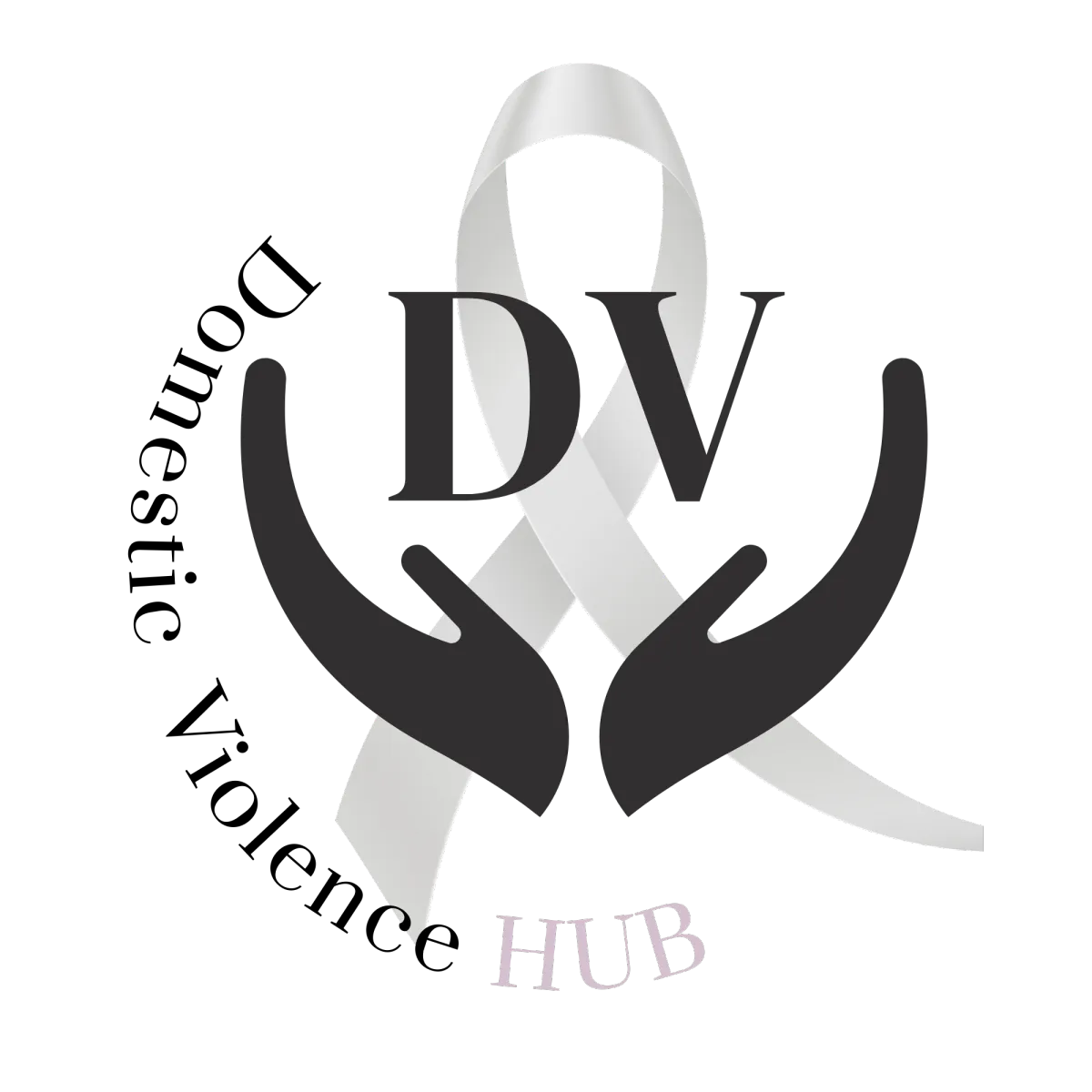Peri/Menopause Support Centre
Welcome to the
Women’s Wellness Hub

The Essential Perimenopause/Menopause Toolkit
Bringing the resources together, with specialists in a way that it easier to understand, honest, relatable and supportive!
Ok, so no one is big on talking about their periods, 'brain fog', hairy chin or vagina....but with at least 50% of the world's population destined for this journey, lets unite and help one another and start talking about how to improve that chapter of our lives and the quality of the next 1/2 of our lives. We owe ourselves that.
Once upon a time no man was allowed in a birth suite and women did not discuss the details of the birth. Now men video the birth and sit in the blow up pool with their wives giving birth sitting with placenta, blood, baby and all.....so come on ladies, its menopause time now. Birthing modesty has long gone!
Menopause is not all bad though - it can offer an important opportunity to reassess one’s health, lifestyle, and goals. Let's just see it as another cycle in our lives rather than a miserable chapter which is redefining our lives. There is so much more great living to be done.
Some of the
Primary Signs & Symptoms
of Menopause
(click on each for more information)
We need to shine a light on what is a natural stage in a woman's life. Women need free access to the information they need to understand their bodies and options, gain practical, physical and emotional support and strategies and work out ways to actually thrive during menopause and beyond. This is especially true for women who from remote or minority communities, cultures that often shun these types of conversations, women compelled to go through early menopause or are coping with it alongside other conditions including cancer.
Menopause is not a one size fits all and everyone's experience can differ from a friends' or relatives'.
Menopause is a perfectly natural phase of life that doesn't inherently need intervention. However, if you find that symptoms of hormonal chaos are impacting your daily well-being, support is just around the corner.
You can't remember the last time you had a good nights sleep.
You feel tired, overwhelmed and exhausted all the time.
You're irritable with everyone around you.
Your mid-section keeps growing, even though you haven't changed what you are eating
You feel like you have tried everything but your symptoms seem to be getting worse.
Your days AND nights are filled with hot flushes and night sweats.
Your libido is pretty much non-existent.
We need to shine a light on what is a natural stage in a woman's life. Women need free access to the information they need to understand their bodies and options, gain practical, physical and emotional support and strategies and work out ways to actually thrive during menopause and beyond. This is especially true for women who from remote or minority communities, cultures that often shun these types of conversations, women compelled to go through early menopause or are coping with it alongside other conditions including cancer.
Menopause is not a one size fits all and everyone's experience can differ from a friends' or relatives'.
STILL NOT SURE?
Key 'Pause' Definitions to help
What is Oestrogen
this hormone, mainly made in the ovaries, is key to the development and functioning of a woman's reproductive system and the development of female characteristics, such as breasts. It also plays an important role in bone health, cardiovascular health, memory and cognition. During perimenopause theResearch shows that low oestrogen levels can lead to more inflammation in the body which can lead to an increased risk of cardiovascular disease, osteoporosis, clinical depression, faster aging, alzheimers.
What is Progesterone?
Progesterone - another female hormone which is made in your ovaries, which works to balance the effects of oestrogen and is often referred to as the 'relaxing hormone.' Its main role is to build up the lining of your uterus and help maintain and mature the uterus lining if there is a pregnancy
What is Testosterone?
Testosterone - yes, this is a female and male hormone (although women have much lower levels). It is produced by your ovaries and adrenal glands and maintains muscle and bone strength, enhances your sex drive and general emotional wellbeing including mood and stamina, brain/thinking clarity and memory.
What is Perimenopause?
Perimenopause - the time leading up to Menopause when your hormonal levels start to change.
What is Menopause?
Menopause - The medical definition is when your last period was at least a year ago.
What is MHT- Menopause Hormone Therapy?
this is the newly accepted medical name for hormone medication used to relieve menopause symptoms (previously known as HRT) Check out our Treatment option Pros and Cons
What is HRT - Hormone Replacement Therapy?
HRT - Hormone Replacement Therapy - the previously used term for menopause medication. Check out our Treatment option Pros and Cons
Workplace Solutions

Working through Menopause

Menopause Inquiry updates

Employer -Menopause friendly workplace

Pre-existing health issues and Menopause

History of Menopause

Busting the myths around Menopause
TESTIMONIALS
Client
Feedback from our clients and community:
Thank you ladies for your honest and kind feedback. We love working with you!
Meg 49

I thought I was going mad. I finally now understand what is happening to me and my body and my mind. Knowledge is power. Great job girls!
Steph 50

"I was very concerned about HRT /MHT due to the studies but you have helped me a lot to weigh things up and look at all the options, risks and latest evidence, thank you. I did some of your courses I had no idea that menopause was more than hormonal issues which caused your periods to stop. My weight, blood pressure and cholesterol just kept climbing no matter what I did. Now I get it. Thanks for all the great tips."
Jen 46

"I had to go through early menopause after needing an urgent hysterectomy. I was only 42 at the time and my children were young. It was so overwhelming, I felt confused, robbed, angry and my relationship with my husband was terrible. We just fought. None of my friends could relate and my Mum was not very forthcoming or had forgotten. Thank you for explaining things that the hospital and the three 15 minute consults with the GP didn't. I wish I had got the help with all this sooner. "
Jen 46

"I suddenly went into perimenopause at 39. I never expected it was perimenopause at the time, so I was tested for everything under the sun by the GP's, other than that. I was so concerned as I had this whole rafter of physical and physiological symptoms. I started to worry it was some sort of sinister condition and I lost a lot of my confidence. Not once in two years did anyone test my hormones as I guess they thought I was too young.. when I found out I was annoyed that it was early but relieved at the same time because I finally knew what was going on. Thank you for all the awesome help."
Menopause Support Centre
Your step by step guide to the PAUSE!
We hear you, we understand, we are here to support you.
What to ask at the doctors
Women's Wellness Hub Directory
Physical and Emotional Health & Wellness
Social Wellness
Financial, Legal and Safety wellness
Women's Wellness Blog

Time to disconnect from work?
IS IT TIME TO DISCONNECT FROM WORK........?
The right-to-disconnect legislation has made strides in promoting work-life balance and setting clearer boundaries, which is a positive move toward healthier workplace cultures. However, it also brings new psychological challenges. For some, disconnecting from work can lead to feelings of isolation, anxiety about falling behind, or uncertainty about how to spend the time once dedicated to work. This raises important questions about how we manage our time and mental well-being outside of work.
It’s completely normal to feel uneasy about change. Adjusting to new routines, even when they’re positive, can feel uncomfortable. It’s a natural part of adapting to something unfamiliar.
If you're struggling to 'switch off' after work, try these tips to create a healthier balance between work and personal time:
1. Set Clear Boundaries: Create a routine that physically and mentally separates work from personal time. Set a specific time to log off and stick to it.
2. Create a Post-Work Ritual: Develop habits that signal the end of the workday, like going for a walk, doing a hobby, or engaging in relaxation techniques. This can help your brain transition away from "work mode."
3. Manage Notifications: Disable work-related notifications after hours to reduce the temptation to check emails or messages. Set boundaries with colleagues to establish times when you're unavailable.
4. Practice Mindfulness: Engage in mindfulness or relaxation exercises to focus on the present moment and reduce lingering work stress. Apps like Headspace or Calm can be helpful.
5. Prioritize Self-Care: Take time for activities that recharge you, whether exercising, hobbies, or spending time with loved ones. Ensure your downtime is restorative.
6. Reflect and Plan: At the end of each day, reflect on your accomplishments and plan for the next day. This can help you mentally close out your work and feel more organized for tomorrow.
7. Seek Support: If you find it difficult to switch off, consider talking to a coach or counsellor to explore why work is bleeding into your time and how to manage it better.
Making these practices a routine can reduce burnout and help you maintain a healthy work-life balance.
#RightToDisconnect #WorkLifeBalance #MentalHealth #EmployeeWellbeing #PsychosocialSafety Sent from my iPhone
This site is brought to you by Family Counselling Support Network
Book in directly with one of our professionals today


We are committed to protecting your personal information and respecting your privacy. This website uses cookies to analyze website traffic and optimise your website experience. By accepting our use of cookies, your data will be aggregated with all other user data.
DISCLAIMER: The material contained on this website is for general educational and information purposes only and is not a substitute for professional legal, financial, medical or psychological advice or care. While every care has been taken in the information provided, no legal responsibility or liability is accepted, warranted or implied by the authors or Family Counselling Support Network and any liability is hereby expressly disclaimed. For specific advice please contact us at [email protected]. All information contained on the website remains the intellectual property of Family Counselling Support Network and is for your personal educational use only. The information must not be reproduced or distributed without the express permission of Family Counselling Support Network.
Family Counselling Support Network acknowledges and respects the First Nations Custodians of the land where our offices stand, and where we work to help Australians. We pay respects to their Elders, past present and emerging, lore, customs and creation spirits. We recognise that these lands have always been places of ceremony, teaching, research and learning, and we acknowledge the important role Aboriginal and Torres Strait Islander peoples play in our community.
We are committed to providing an inclusive and accessible environment where people and communities of all identities and backgrounds are accepted, safe and celebrated.
Privacy Policy | Terms and Conditions




















